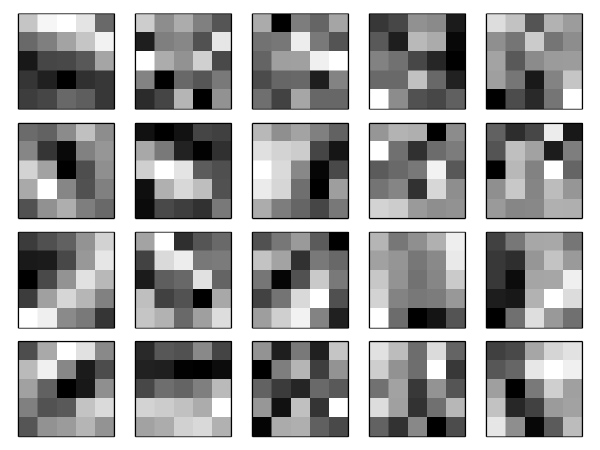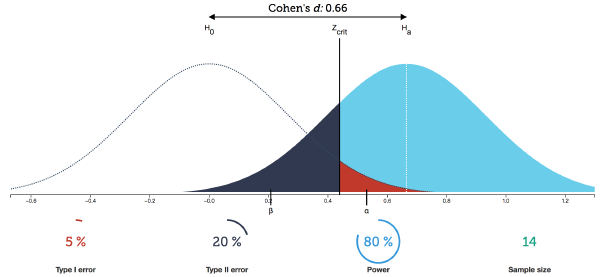Sometimes we want to record important metadata changes for audit purposes.
PostgreSQL triggers can conveniently solve this need automatically.
-- Create an audit-specific schema and revoke all non-superuser privileges
DROP SCHEMA IF EXISTS audit CASCADE;
CREATE SCHEMA IF NOT EXISTS audit;
REVOKE CREATE ON SCHEMA audit FROM PUBLIC;
-- Audit table
CREATE TABLE audit.action_log (
schema_name TEXT NOT NULL,
table_name TEXT NOT NULL,
user_name TEXT,
time TIMESTAMP WITH TIME ZONE NOT NULL DEFAULT CURRENT_TIMESTAMP,
action TEXT NOT NULL CHECK (action IN ('I', 'D', 'U')),
original_data TEXT,
new_data TEXT,
query TEXT
) WITH (FILLFACTOR = 100
);
-- Audit table permissions
REVOKE ALL ON audit.action_log FROM PUBLIC;
GRANT SELECT ON audit.action_log TO PUBLIC;
-- Indexes
CREATE INDEX logged_actions_schema_table_idx
ON audit.action_log (((schema_name || '.' || table_name) :: TEXT));
CREATE INDEX logged_actions_time_idx
ON audit.action_log (time);
CREATE INDEX logged_actions_action_idx
ON audit.action_log (action);
---------------------------------------------------------------
---------------------------------------------------------------
-- Create audit trigger function
---------------------------------------------------------------
CREATE OR REPLACE FUNCTION audit.logger()
RETURNS TRIGGER AS $body$
DECLARE
v_old_data TEXT;
v_new_data TEXT;
BEGIN
IF (TG_OP = 'UPDATE')
THEN
v_old_data := ROW (OLD.*);
v_new_data := ROW (NEW.*);
INSERT INTO audit.action_log (schema_name, table_name, user_name, action, original_data, new_data, query)
VALUES (TG_TABLE_SCHEMA :: TEXT, TG_TABLE_NAME :: TEXT, session_user :: TEXT, substring(TG_OP, 1, 1), v_old_data,
v_new_data, current_query());
RETURN NEW;
ELSIF (TG_OP = 'DELETE')
THEN
v_old_data := ROW (OLD.*);
INSERT INTO audit.action_log (schema_name, table_name, user_name, action, original_data, query)
VALUES (TG_TABLE_SCHEMA :: TEXT, TG_TABLE_NAME :: TEXT, session_user :: TEXT, substring(TG_OP, 1, 1), v_old_data,
current_query());
RETURN OLD;
ELSIF (TG_OP = 'INSERT')
THEN
v_new_data := ROW (NEW.*);
INSERT INTO audit.action_log (schema_name, table_name, user_name, action, new_data, query)
VALUES (TG_TABLE_SCHEMA :: TEXT, TG_TABLE_NAME :: TEXT, session_user :: TEXT, substring(TG_OP, 1, 1), v_new_data,
current_query());
RETURN NEW;
ELSE
RAISE WARNING '[AUDIT.IF_MODIFIED_FUNC] - Other action occurred: %, at %', TG_OP, now();
RETURN NULL;
END IF;
EXCEPTION
WHEN data_exception
THEN
RAISE WARNING '[AUDIT.IF_MODIFIED_FUNC] - UDF ERROR [DATA EXCEPTION] - SQLSTATE: %, SQLERRM: %', SQLSTATE, SQLERRM;
RETURN NULL;
WHEN unique_violation
THEN
RAISE WARNING '[AUDIT.IF_MODIFIED_FUNC] - UDF ERROR [UNIQUE] - SQLSTATE: %, SQLERRM: %', SQLSTATE, SQLERRM;
RETURN NULL;
WHEN OTHERS
THEN
RAISE WARNING '[AUDIT.IF_MODIFIED_FUNC] - UDF ERROR [OTHER] - SQLSTATE: %, SQLERRM: %', SQLSTATE, SQLERRM;
RETURN NULL;
END;
$body$
LANGUAGE plpgsql
SECURITY DEFINER
SET search_path = pg_catalog, audit;
COMMENT ON FUNCTION audit.logger() IS 'Records insert, update, delete operations on specific tables';
---------------------------------------------------------------
---------------------------------------------------------------
-- Last modification time audit trigger function
---------------------------------------------------------------
-- Records modification time before record changes
CREATE OR REPLACE FUNCTION audit.update_mtime()
RETURNS TRIGGER AS $$
BEGIN
NEW.mtime = now();
RETURN NEW;
END;
$$ LANGUAGE 'plpgsql';
COMMENT ON FUNCTION audit.update_mtime() IS 'Updates record mtime';
---------------------------------------------------------------
---------------------------------------------------------------
-- Metadata change event trigger function
-- Sends table name to 'change' channel for data changes
---------------------------------------------------------------
CREATE OR REPLACE FUNCTION audit.notify_change()
RETURNS TRIGGER AS $$
BEGIN
PERFORM pg_notify('change', TG_RELNAME);
RETURN NULL;
END;
$$ LANGUAGE 'plpgsql';
COMMENT ON FUNCTION audit.notify_change() IS 'Data change event trigger function, sends table name to `change` channel for data changes';
---------------------------------------------------------------







